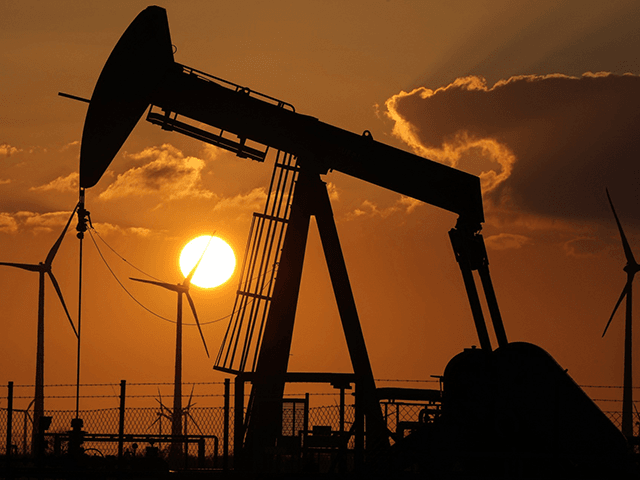Russian energy export earnings are projected to rise nearly 40 percent year-on-year to $337.5 billion in 2022, Reuters reported Wednesday citing an official document from the Ministry of Energy of the Russian Federation.
The news agency relayed the following on August 17 after reviewing the Russian government document:
Higher oil export volumes, coupled with rising gas prices, will boost Russia’s earnings from energy exports to $337.5 billion this year, a 38% rise on 2021, according to an economy ministry document seen by Reuters.
The ministry document projects energy export earnings will ease to $255.8 billion next year, still higher than the 2021 figure of $244.2 billion.
The average gas export price will more than double this year to $730 per 1,000 cubic meters, before gradually falling until the end of 2025, according to the forecast.
The document further revealed that Russia has recently begun to “gradually increase its oil production after sanctions-related curbs and as Asian buyers have increased purchases, leading Moscow to increase its forecasts for output and exports until the end of 2025.”
“Gazprom has also said gas supplies are increasing to China, but has not provided detail and Europe remains by far the bigger market for Russian gas,” Reuters noted on August 17.
CNBC described Gazprom, a Russian state-owned natural gas company, as nearing “the final stages” of building “the first pipeline that can send gas from Siberia to Shanghai” on July 26. Gazprom began construction of the joint venture together with the state-run China National Petroleum Corp. in September 2014 shortly after the two parties signed a $400 billion, 30-year gas deal to support the project. Sections of the “Power of Siberia” pipeline are already in operation and it is expected to reach completion by 2025.
“The China-Russia pipeline comes as Moscow faces the threat of losing natural gas purchases from the European Union, a big customer that aims to cut two-thirds of its Russian gas imports in the wake of the Ukraine war,” CNBC observed.
The U.S.-based business news outlet referred to Russia’s latest war with neighboring Ukraine, which began on February 24. The U.S. government announced the beginning of a raft of ongoing financial sanctions against Russian entities on February 24 in response to the conflict. Washington led the financial sanctions effort against Russia and subsequently influenced most of its political allies to follow suit in a pile-on campaign that continues today. Moscow has responded to the effort, in part, by investing in non-Western trading prospects, especially those in China and India.
The East Asian nation of Japan resumed oil purchases from Russia in July after temporarily pausing them in recent months in line with the Western sanctions campaign against Moscow.
“Japan resumed its purchases of Russian oil in July, according to information released on Wednesday [August 17] by the country’s Finance Ministry,” the Economic Times of India reported on August 18.
“While the ministry did not disclose the exact volume, it said July oil imports from Russia were 65.4% lower than the same time last year. The volume of liquefied natural gas (LNG) imports from Russia also decreased by 26.1% compared to July 2021, while coal imports dropped by 40.1%,” the newspaper relayed.
“Despite the decline in physical volumes, the value of Russian fuel exports to Japan increased by 45.1% compared to last year due to rising global commodity prices,” according to the report.

COMMENTS
Please let us know if you're having issues with commenting.